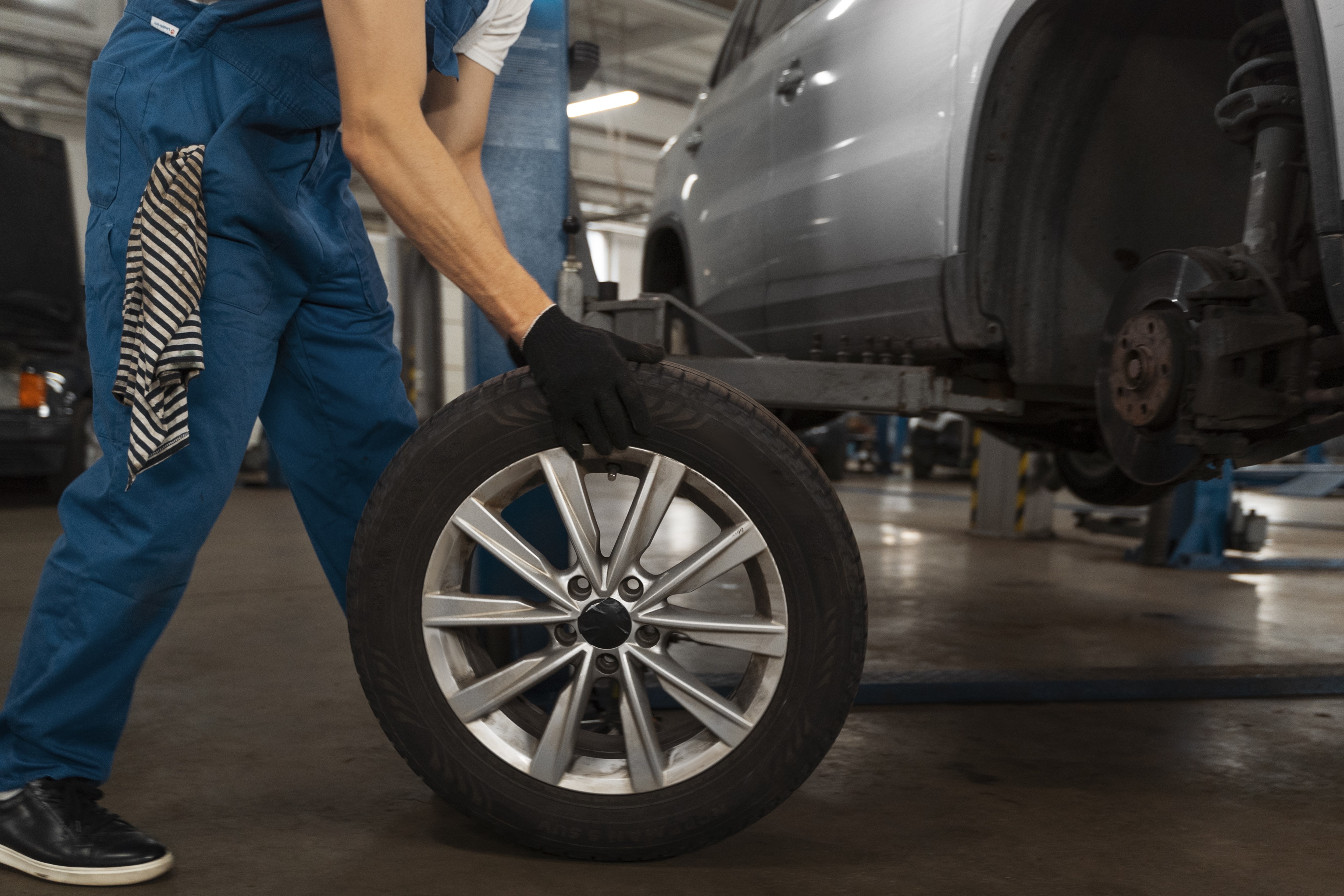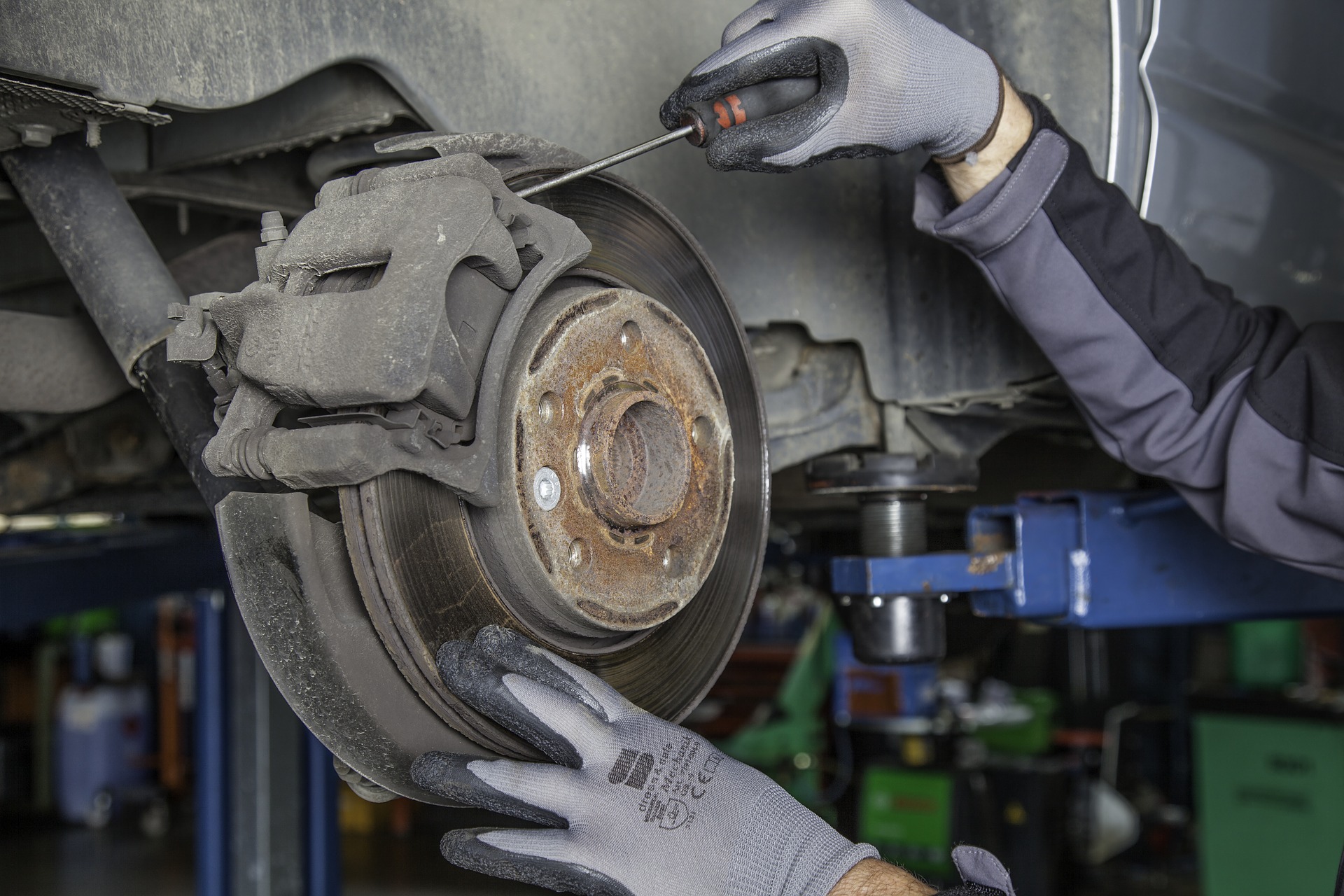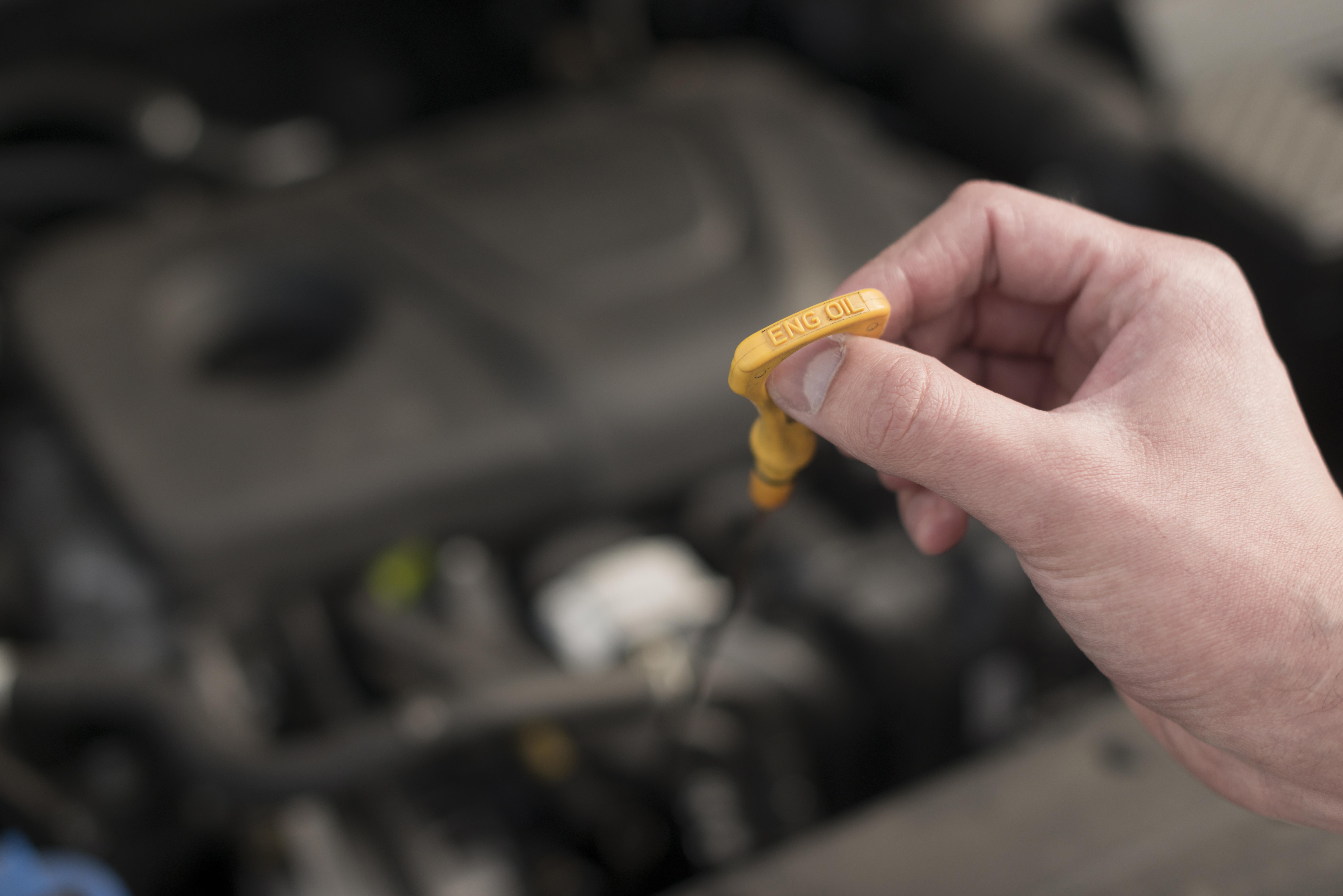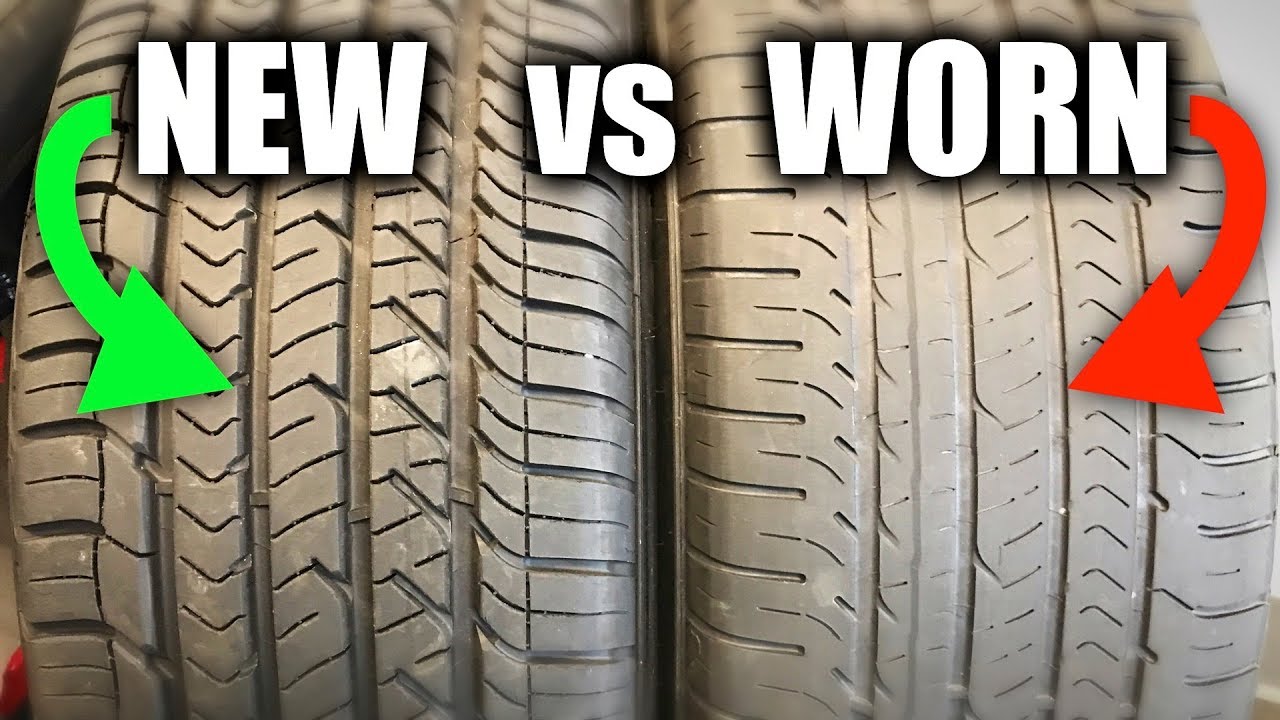Wheel rotation may not be the most glamorous aspect of vehicle maintenance, but it is a fundamental task that significantly contributes to the overall health and performance of your car. In this blog, we will explore the importance of regularly rotating your wheels and how this simple maintenance procedure can benefit your vehicle.
- Even Tire Wear
One of the primary reasons for wheel rotation is to ensure even tire wear. Tires tend to wear unevenly due to various factors, including front or rear-wheel drive, the weight distribution of the vehicle, and alignment issues. When you rotate your wheels, you spread the wear more evenly, which can extend the lifespan of your tires. This means you’ll get the most out of your tire investment and save money in the long run.
- Improved Traction
Uneven tire wear can result in reduced traction, especially during adverse weather conditions. Rotating your tires ensures that all four tires maintain consistent tread depth, enhancing grip and stability on wet, icy, or slippery roads. This is crucial for your safety and the safety of your passengers.
- Better Handling
Uneven tire wear can lead to imbalances in handling and stability. Regular wheel rotation helps maintain a consistent handling experience and prevents your car from pulling to one side. You’ll have better control and a smoother ride.
- Enhanced Fuel Efficiency
Uneven tire wear can negatively impact your vehicle’s fuel efficiency. When your tires wear unevenly, they can become less efficient at maintaining proper tire pressure, rolling resistance, and overall performance. By rotating your tires regularly, you can help maintain optimal fuel economy.
- Extended Tire Lifespan
Tire replacement can be a significant expense. By rotating your tires, you can extend the lifespan of your tires, potentially delaying the need for replacements. This not only saves you money but also reduces the environmental impact of tire disposal.
- Preventing Suspension and Alignment Issues
Uneven tire wear can place additional strain on your vehicle’s suspension components and alignment. Over time, this can lead to more extensive and costly repairs. Regular wheel rotation can help prevent these issues and keep your suspension and alignment in good condition.
When to Rotate Your Wheels
- Follow Manufacturer’s Recommendations: Consult your vehicle’s owner’s manual for specific recommendations regarding the frequency and pattern of wheel rotation. Most manufacturers suggest rotating your tires every 6,000 to 8,000 miles or every six months, but this can vary.
- Consider Your Driving Habits: If you frequently drive on rough or uneven roads, you may need more frequent wheel rotations to ensure even tire wear.
- Observe Tire Wear Patterns: If you notice uneven tire wear, such as bald spots on one or more tires, it’s a sign that you should schedule a wheel rotation immediately.
Conclusion
Regular wheel rotation is an essential aspect of vehicle maintenance that often goes overlooked. By spreading tire wear evenly and maintaining traction, handling, and fuel efficiency, wheel rotation not only improves your driving experience but also saves you money and extends the lifespan of your tires. Make wheel rotation a routine part of your vehicle maintenance schedule to keep your car in top shape and ensure a safe, efficient, and comfortable driving experience.
Tags: maintenance, tires



